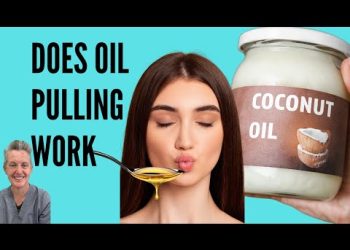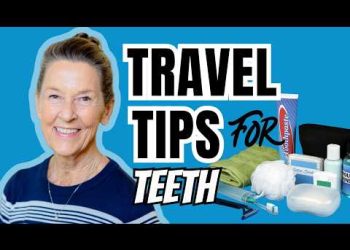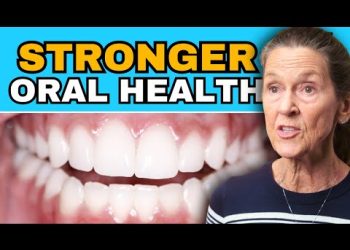The Surprising Time Not to Brush Your Teeth
Many of us have been taught to brush our teeth multiple times a day, especially after meals, to maintain good oral hygiene. However, there’s a specific time when brushing can actually harm your teeth rather than protect them. Understanding when not to brush can save your enamel from unnecessary damage.
Acidic Foods and Enamel Erosion
After consuming acidic foods or drinks, such as citrus fruits and soda, your enamel becomes temporarily softened. This softening leaves your teeth vulnerable to damage from brushing, as the abrasive action can erode the enamel.
The Role of Saliva
Saliva plays a crucial role in neutralizing acids in the mouth. It acts as a natural buffer, and its production can help restore the pH balance after eating or drinking acidic substances. Therefore, allowing some time for saliva to work after consuming acidic foods is essential.
Recommended Time to Wait
It’s generally suggested to wait at least 30 minutes to an hour after eating or drinking acidic items before brushing your teeth. This wait time allows your saliva to neutralize acids and your enamel to re-harden, decreasing the risk of brushing away softened enamel.
Using Water as an Interim Rinse
If you feel the need to clean your mouth immediately after an acidic meal, consider rinsing your mouth with water first. This simple step can help to reduce acidity levels in your mouth and wash away food particles without causing harm to your enamel.
Chewing Sugarless Gum
Another effective interim measure is chewing sugarless gum. This activity stimulates saliva production, helping to neutralize acids more rapidly. It’s a convenient way to manage oral health when it’s not yet safe to brush.
The Importance of Soft Bristles
When you do brush, using a toothbrush with soft bristles is crucial for protecting your enamel. Soft bristles will clean your teeth effectively without causing the damage that harder bristles might contribute to already softened enamel.
Mindful Brushing Technique
The technique is as important as timing. Use gentle, circular motions to clean your teeth, ensuring that pressure doesn’t contribute to enamel erosion. Mindfulness in brushing can encourage better oral health practices overall.
Listening to Your Dentist
Regular dental check-ups will provide personalized advice based on your dental health needs. Dentists can offer guidance on brushing habits and recommend products that may enhance your oral care routine, catering to your personal enamel needs.
Conclusion: A Balanced Approach
While brushing is a cornerstone of oral hygiene, timing and technique are equally important. Understanding the relationship between acidic foods, saliva, and enamel preservation can help you maintain healthier teeth. By waiting after acidic meals and using proper brushing techniques, you can protect your teeth and achieve optimal oral health.











